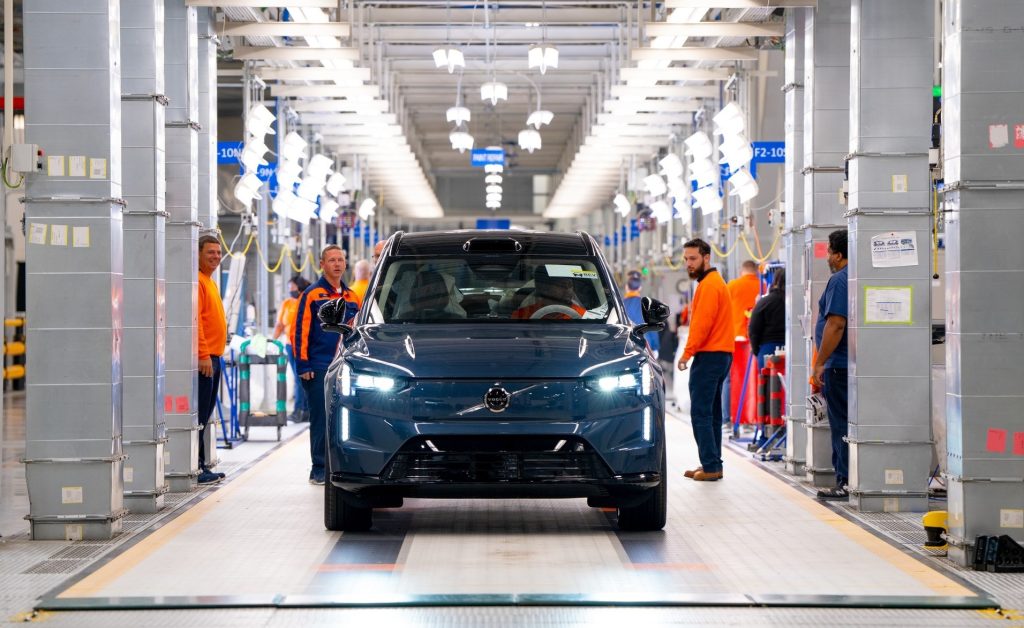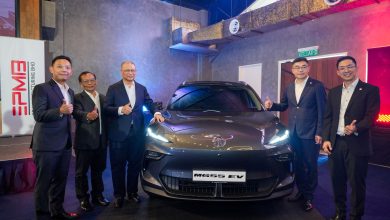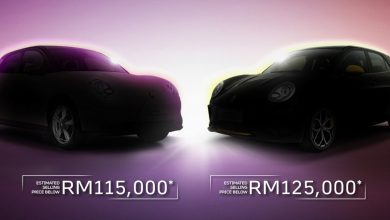Volvo EX90 To Debut The World’s First EV Battery Passport
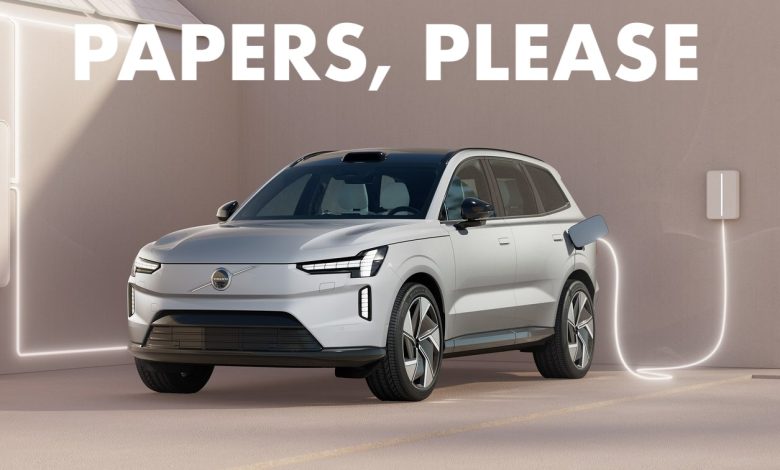
This EV battery passport will record the composition, origin and carbon footprint of the drive battery.
Volvo’s EX90 is soon to be the first EV in the world to debut with an EV battery passport, when deliveries of this e-SUV begins in the second half of this year. This comes ahead of the European Union’s regulatory timeline by three years, which sees for such documentation to be mandatory for all EVs sold in the bloc from February 2027.
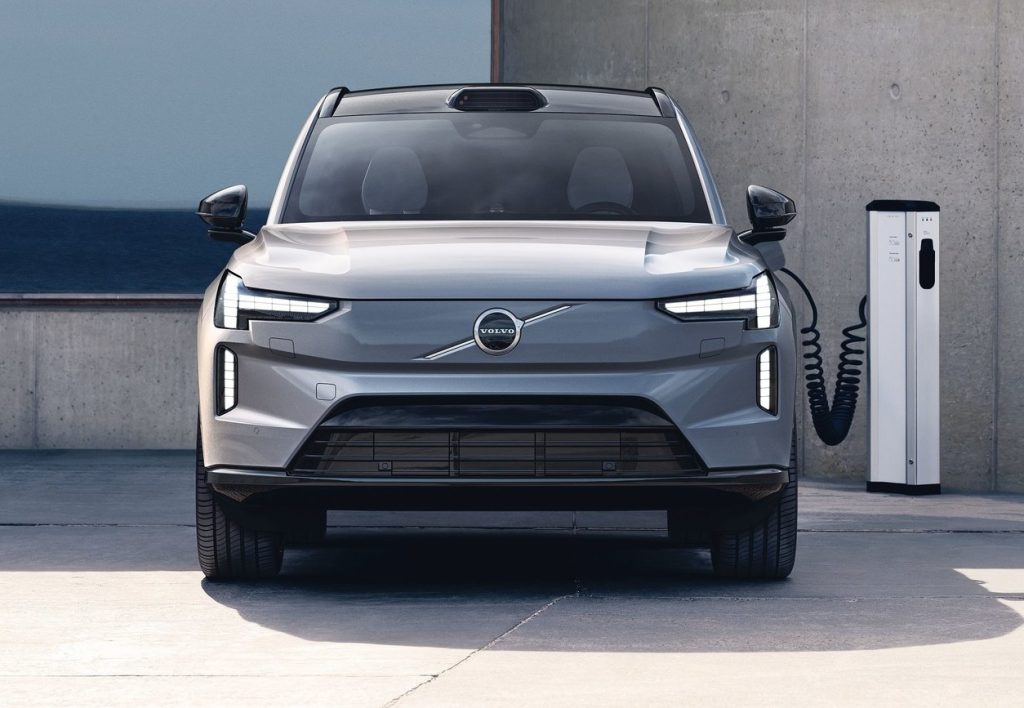
This battery passport has been developed by Volvo and UK startup Circulor over the past five years. Using blockchain technology, it will show buyers information regarding the vehicle’s battery, such as its composition, origin, recycled content as well as its carbon footprint.
Up-to-date information on the battery’s state of health will also be recorded in the EV battery passport for 15 years, which will come in handy when assessing used EV values. Volvo owners can access a simplified version of the passport using a QR code on the inside of the driver’s door, while a more complete version of the passport will be passed on to regulators.
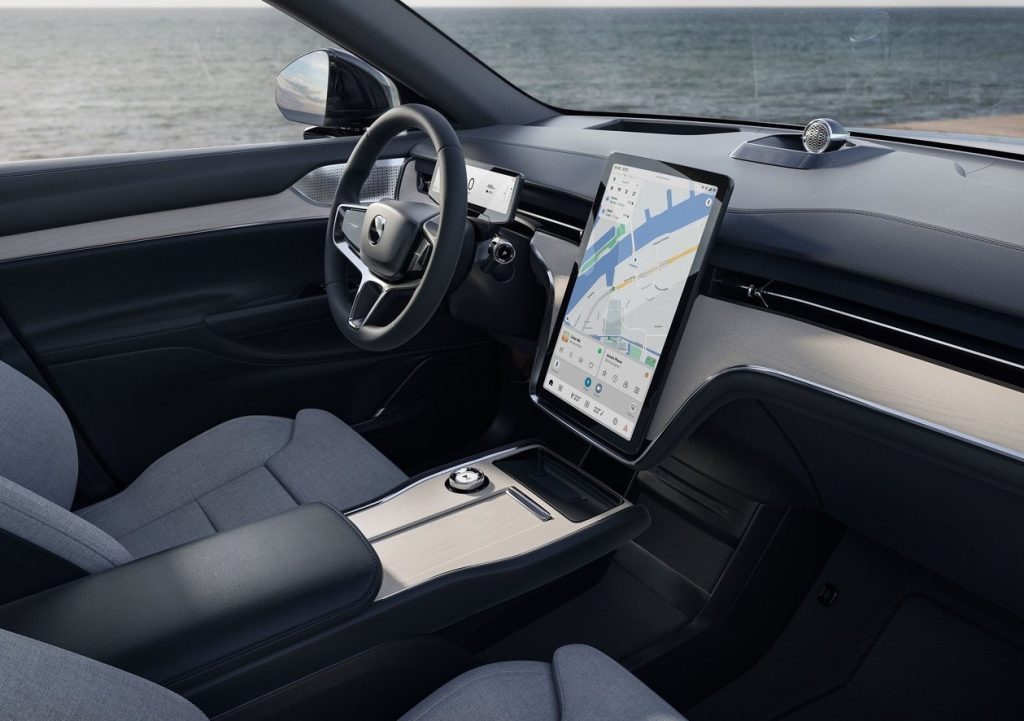
Vanessa Butani, Volvo’s head of global sustainability, said the passport would be gradually rolled out to all of Volvo’s EVs. She has further emphasised that the Swedish automaker’s proactive stance in unveiling the passport nearly three years ahead of regulatory enforcement underscores its commitment to transparency, as it sets its sights on producing only fully-electric cars by 2030.
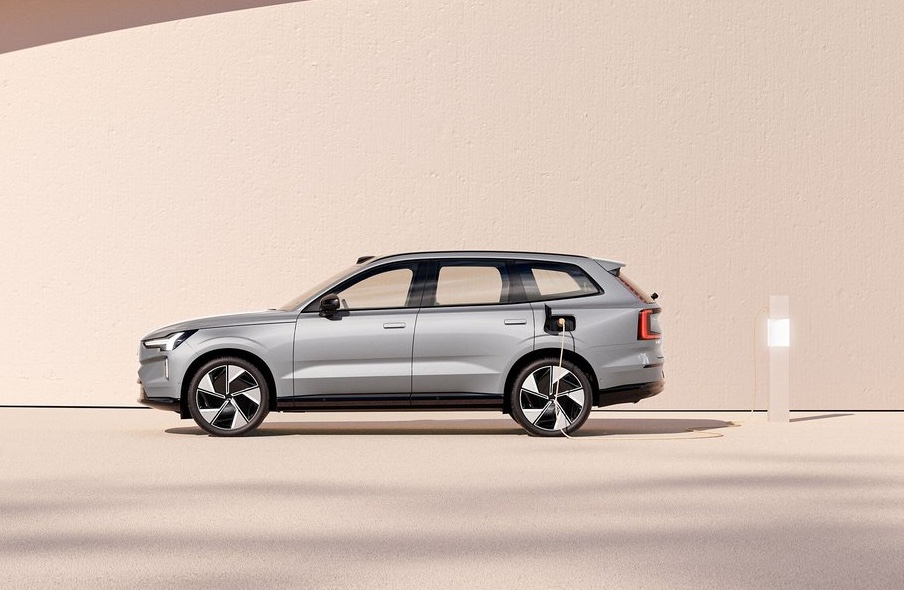
Delving a little bit more regarding the inner workings of this battery passport here, Circulor’s system traces battery materials from the mine to individual cars, piggybacking on suppliers’ production systems to track materials throughout the supply chain and checking suppliers’ monthly energy bills (and how much of their energy comes from renewable sources in order) to calculate a total carbon footprint.
The passport has apparently brought about changes in how Volvo traces parts through its manufacturing process, in order to better understand the origins of every part that goes in every vehicle. “Car manufacturing has never been about which rock went into which component and which got connected to which car,” Johnson-Poensgen added. “It’s taken a long time to figure that out.”
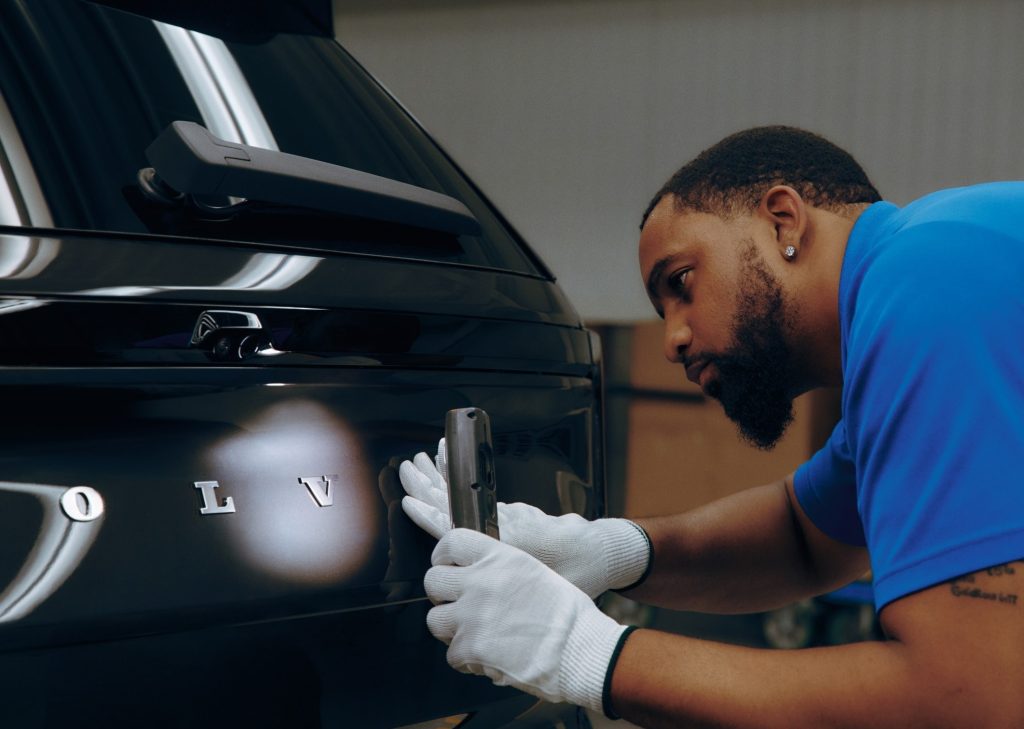
“If Volvo brings on board a supplier, Circulor will need to audit it to keep information current”, Circulor CEO Douglas Johnson-Poensgen explains. He further went on to reveal that the implementation cost of this passport for the Swedish automaker is currently roughly around $10 (RM 47) per vehicle.
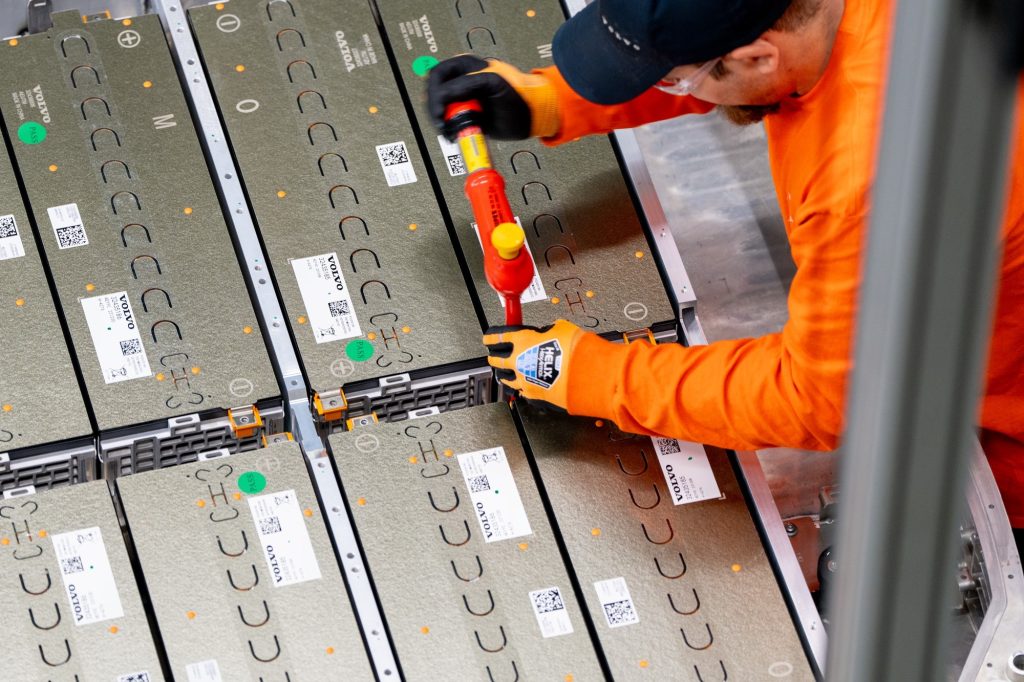
Aside from Volvo, Jaguar Land Rover and BHP, the world’s largest listed miner, are among the larger parties to have invested in Circulor. Johnson-Poensgen states for there to currently be a rush among automakers to formulate their own battery passports, but warns that even if they started now, many may find it hard to meet the EU’s 2027 deadline.
While there is no such mandate in the United States yet as well, automakers are nevertheless showing increased interest over there too, as there may be a need to prove they qualify for EV subsidies under the U.S. Inflation Reduction Act.
